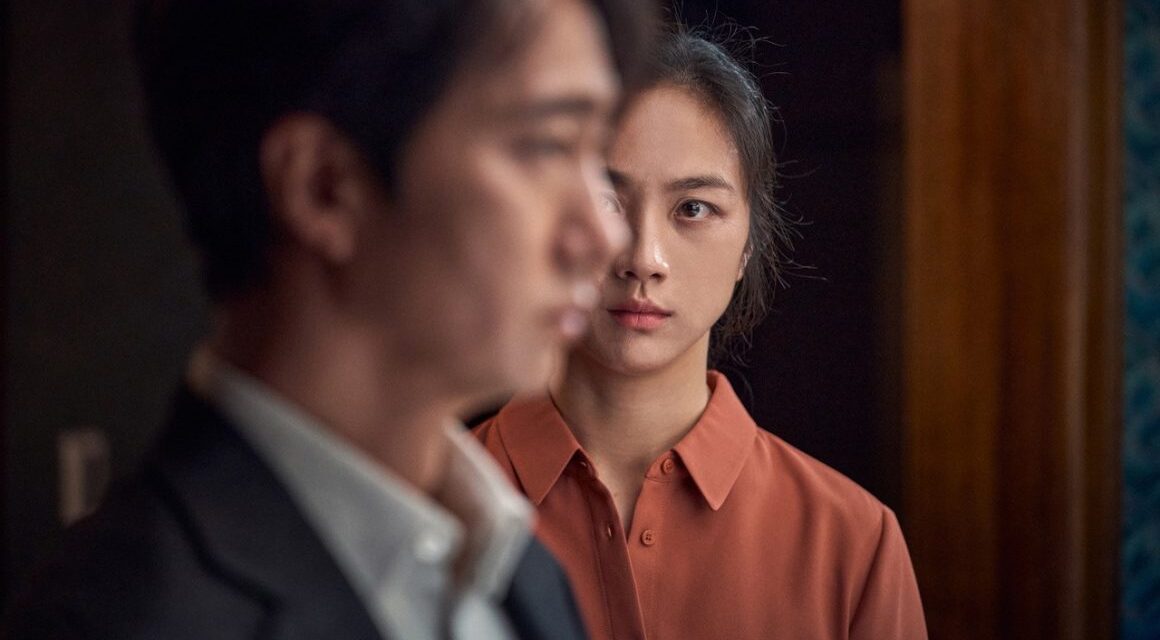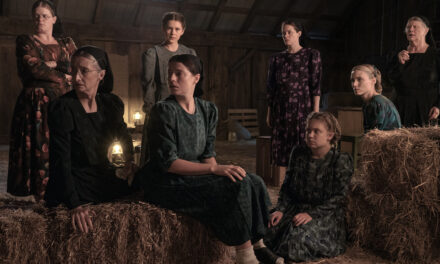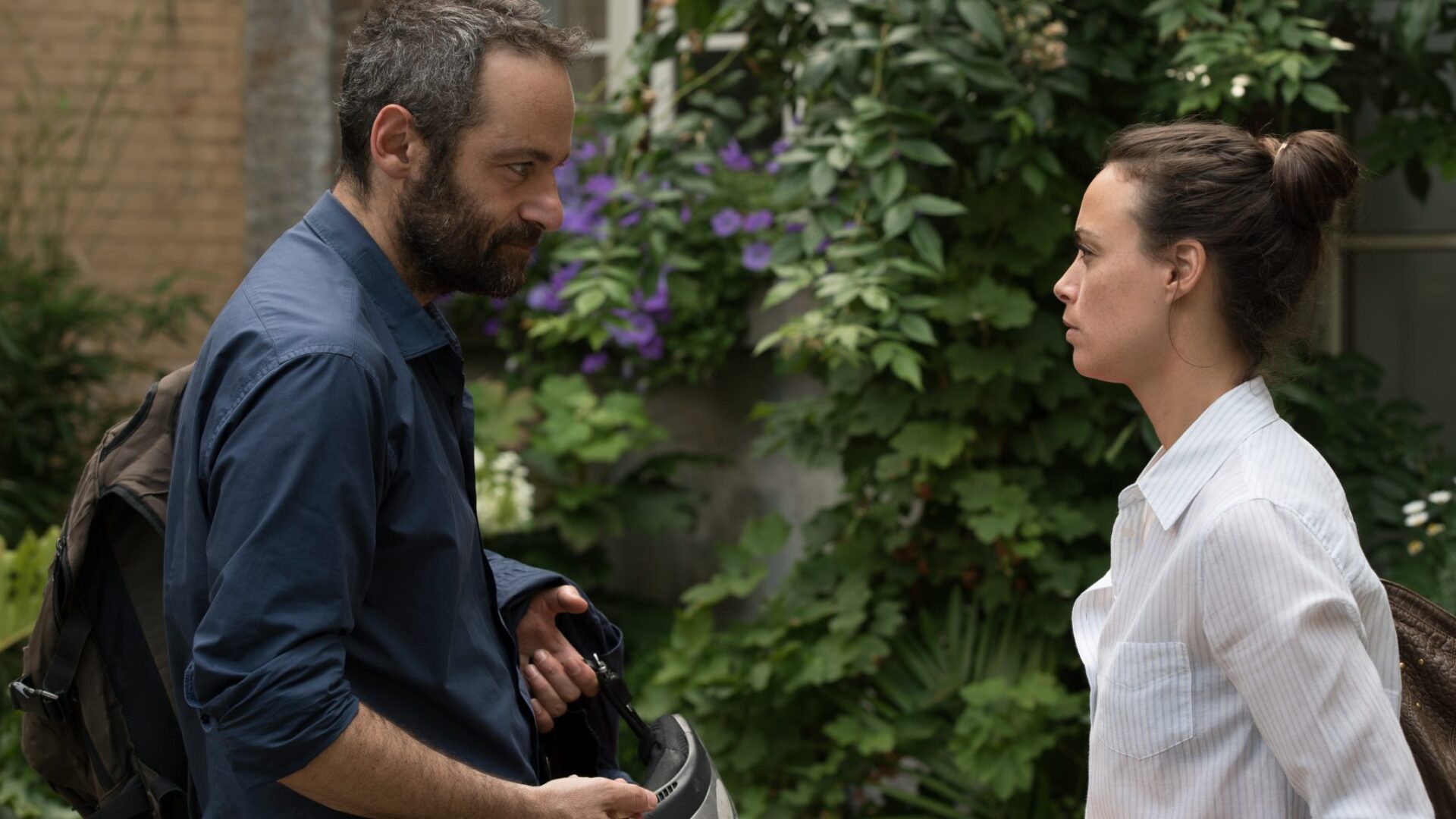This review is a part of Substream’s coverage of the 60th edition of New York Film Festival.
Hae-jun (Park Hae-il) is a textbook definition of a workaholic homicide detective that needs something to come along to shake his life from his sleepless monotony. His existence is so by-the-book that Hae-jun’s relationship with his wife, Jung-an (Lee Jung-hyun), is also planned out in advance. They frequently spend time away from each other and designate blocks in their day to be intimate. The most excitement Hae-jun experiences is from his younger, zealous, and unintentionally funny partner Soo-wan (Go Kyung-pyo) brings into his day. Decision To Leave is a conventional detective noir until a new investigation occurs. Hae-jun looks into a case of a man who dies in a bizarre rock-climbing accident. Was this pure coincidence, or was it this part of an elaborate murder plot? All leads point to his widow, Seo-rae (Tang Wei) — well, as Hae-jun would immediately expect.
The first part of Decision To Leave lends more to writer/director Park Chan-wook’s directorial style, reminiscent of Oldboy, filled with action sequences of suspect chases through streets sprinkled with some humor. While these scenes are sporadic throughout the film, Park elects to navigate a growing, forbidden union between a detective and a suspect. Hae-jun and Seo-rae’s relationship at first is only that of consequence. Hae-jun is increasingly suspicious (only added by Soo-wan’s insistence), but there’s something about Seo-rae’s calm and reserved demeanor that entices Hae-jun to know more. Soon after, he’s doing stakeouts outside Seo-rae’s apartment, notating everything from her sleep pattern to her penchant for leaving ice cream out to melt. You have to admire Hae-jun’s stick-to-it-iveness to solve this crime; however, his insistence borders on obsession and admiration.
Park and co-writer Jeong Seo-kyeong don’t choose an overt, physical hedonism where other stories have gone. Instead, Decision To Leave has a slow, gravitational pull that draws these two characters together. There’s no way Hae-jun should have an emotional attachment to a murder suspect; however, the story draws you into that possibility. As Hae-jun and Seo-rae grow closer, the audience may elect to root for them to end up together. This is the problem Chan-wook draws upon and adds to during the later half of the film. When one murder case seems to wrap, another one happens similarly. Hae-jun is disheveled and worn down. His appearance contrasts Kim Ji-yong’s cinematography, which borders on full-on fantasy, and Jo Yeong-wook’s fluttery score serves as an unspoken language between the two characters.
There’s a contrast between the things the characters envision and the reality they live in. Thus, an artificial block is in place to keep Decision To Leave‘s main characters’ desires in check. It’s a fine line between irony and sadness. Perhaps the narrative would have gone differently if Hae-jun and Seo-rae had met in different circumstances. However, Chan-wook works to tug at your heartstrings, coupled with Park Hae-il’s and Tang Wei’s performances. Much of their dialogue comes from stares, glances, and intensely said wording — even that could be more powerful than any physical grasp or embrace.
So what do you get when you have an officer of the law intent on avoiding the answer to the case and a woman who enjoys being the subject of it? Two people accidentally find what they’ve been longing for in each other. This is where Decision To Leave indeed finds its storytelling footing. It’s almost as if Park felt himself falling into conventionalities like our main character and elected to take us through his intelligent maze of ideas.
Photo Credit: CJ Entertainment













